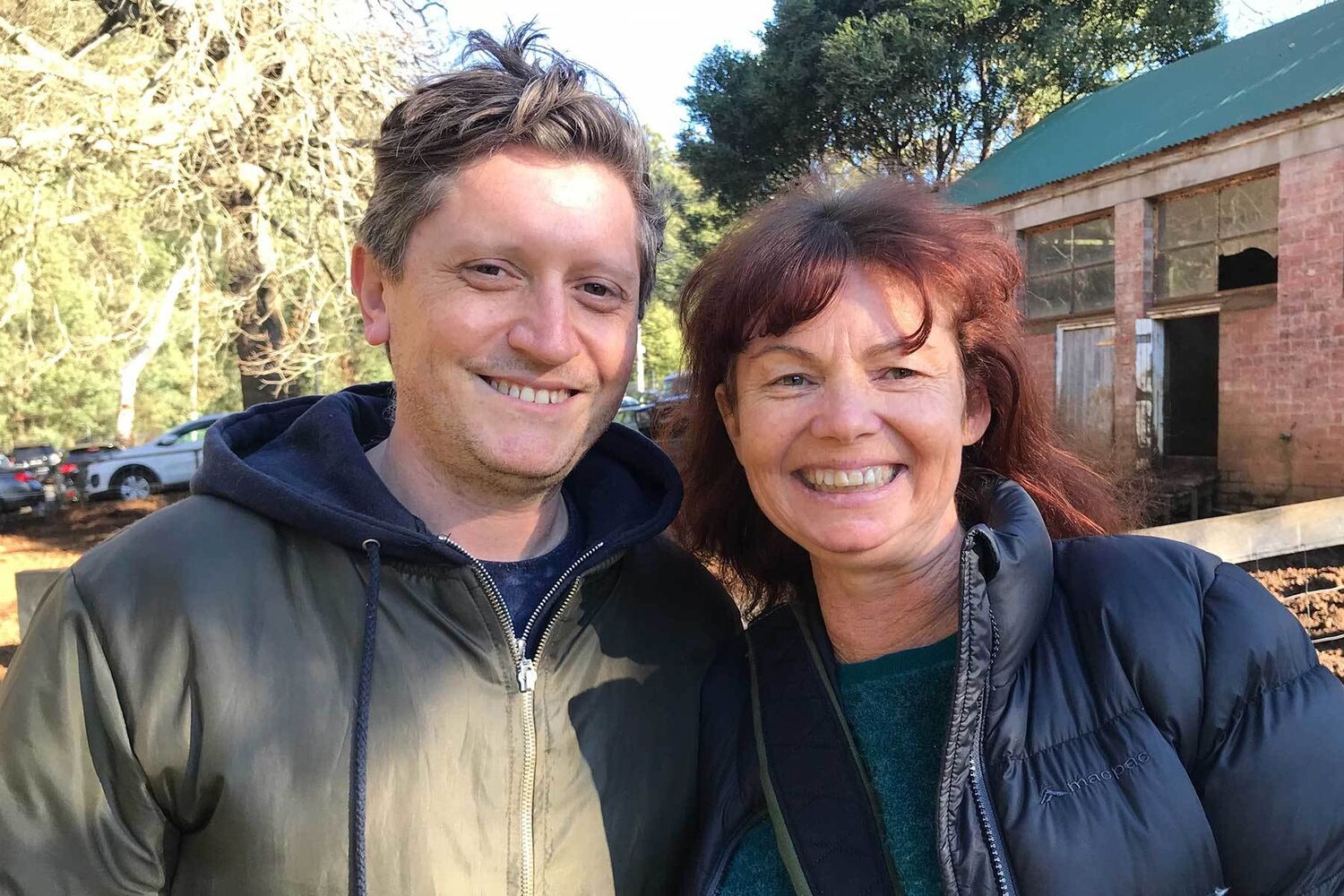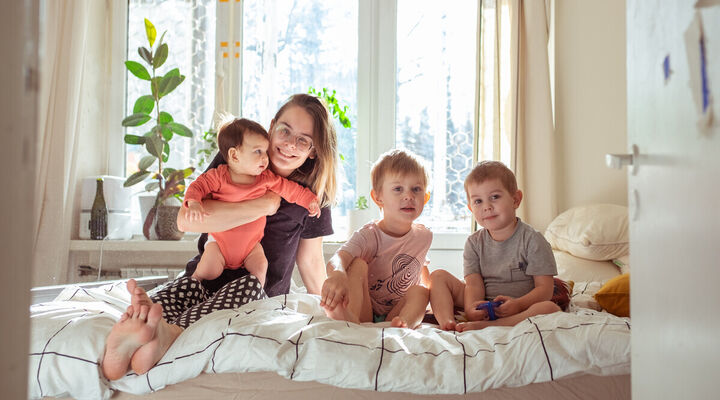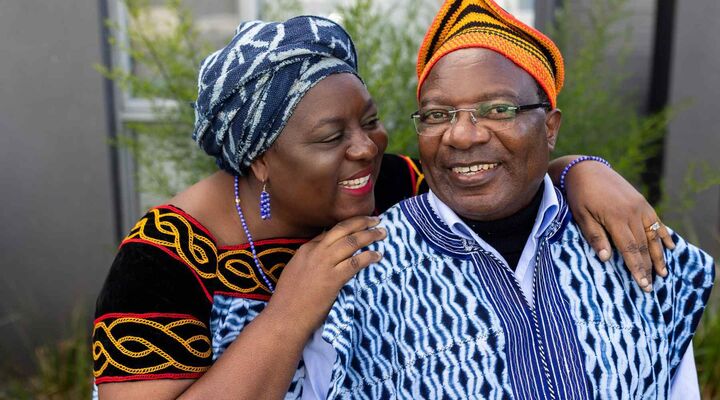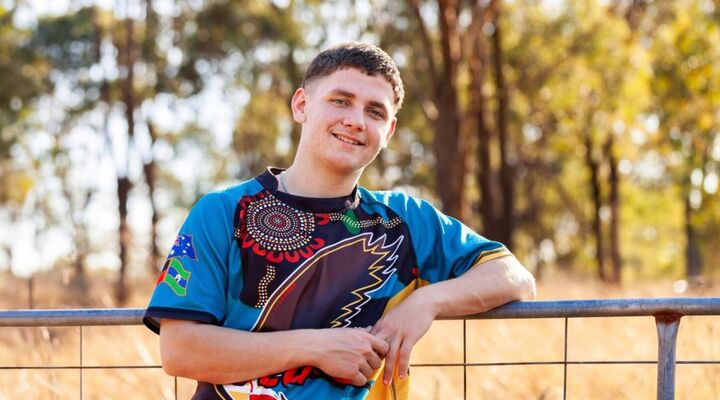A belief that every child deserves a chance led to Sonia and Mark to begin fostering children eight years ago.
“They’re all really good kids; some have got issues; everyone has got a history; but ultimately they want the same thing – security, a regular face, someone to talk to that won’t judge them,” Sonia explains.
Since they began, the northern suburbs couple has taken in close to a dozen children up to the age of 12, and they are currently caring for a toddler with significant medical needs.
Sonia and Mark always thought that foster caring would be something they would like to do. Having been together since they were 18 and unable to have their own children, despite a decade of IVF, the couple retained a desire to give kids a safe and loving home.
We always felt that kids needed a chance; some have been put in positions that they are not in control of and every kid deserves to have a go.
Foster caring is a team effort and working in tandem with MacKillop Family Services, the pair say that the experience has brought them closer. MacKillop provides on-going support for foster carers, offering everything from advice to training and with the demands of a sick toddler, Sonia says that the organisation has been on hand every step of the way. “Even if you have to go to hospital at 3 am – they’re always backing you up.”
Full-time work and, in Mark’s case, study, is no barrier to foster care with the pair agreeing that "it’s important” that regular life continues around the children you take in, just as if they are your own. Couples who already have children can also be foster carers, with other kids becoming role models. There is also the ability to specify what age of children you would prefer to foster. Sonia and Mark have cared for children up to the age of 12, but for now, younger children are a better fit for their lifestyle and work commitments.
MacKillop has ensured that Sonia and Mark have received the proper training to care for the needs of their current foster child, who has a hereditary illness.
“She’s non-verbal and needs assistance. She needs to socialise and has a bowel condition, so we’re constantly monitoring her,” Sonia explains. The little girl can attend daycare for a few hours a week and workers there too, have received the training required to look after her.
Mark’s background in fine arts and his creative side have been vital in the little girl’s on-going development, along with other children the pair have cared for. He says that eventually, children get to the point that they want to be creative with you, or they’ll show you something they’ve drawn themselves.
“Then you are starting to get somewhere,” he says.
“Kids will test you,” adds Sonia. “You’ve got to keep your cool; relax, listen, let them go; give them space, work at their time and pace.
“They never stop caring for their parents, no matter how hard that has been; you’ve got to be positive; hold their hand; let them know you are there, doing it together.”
There is little doubt that foster caring has proven to be a worthwhile experience for Sonia and Mark.
“You’re achieving something for the child, too. It is really rewarding; even when they get returned to parents. It sometimes hurts to say goodbye; you get close to them, and they get close to you. But it is a positive goodbye.”






